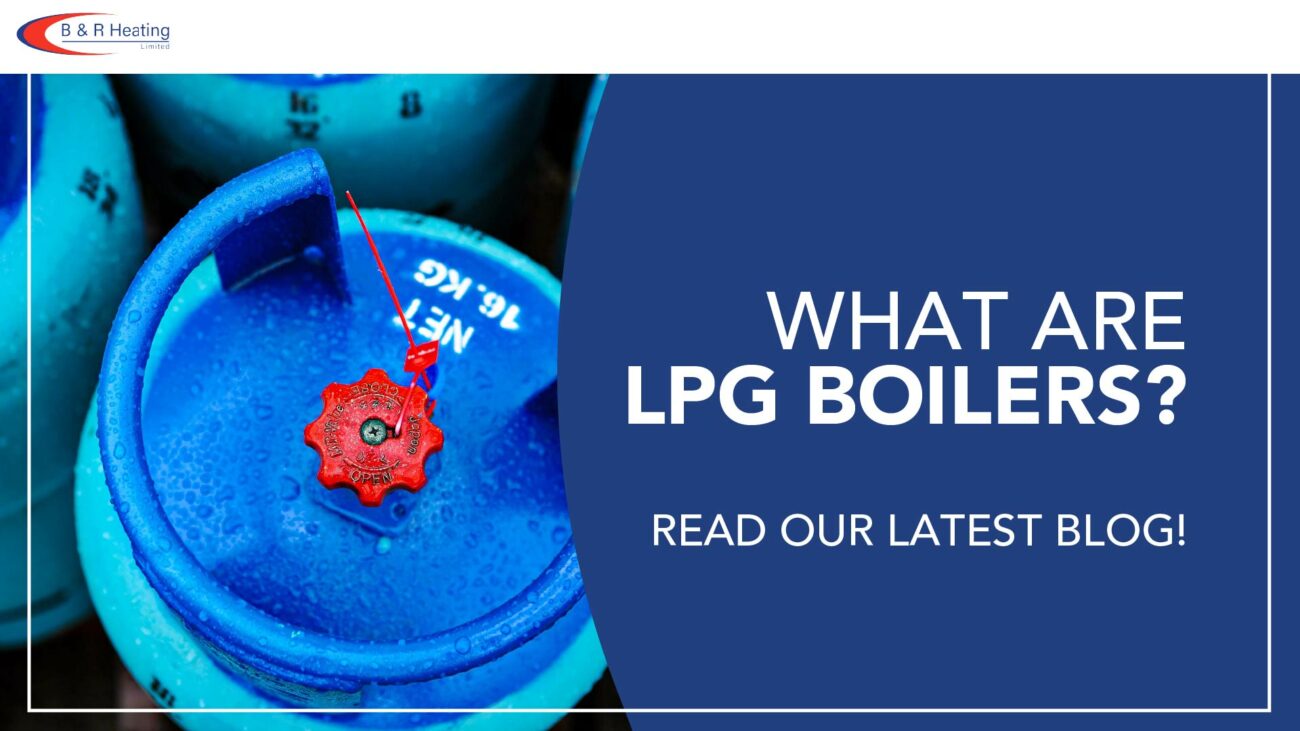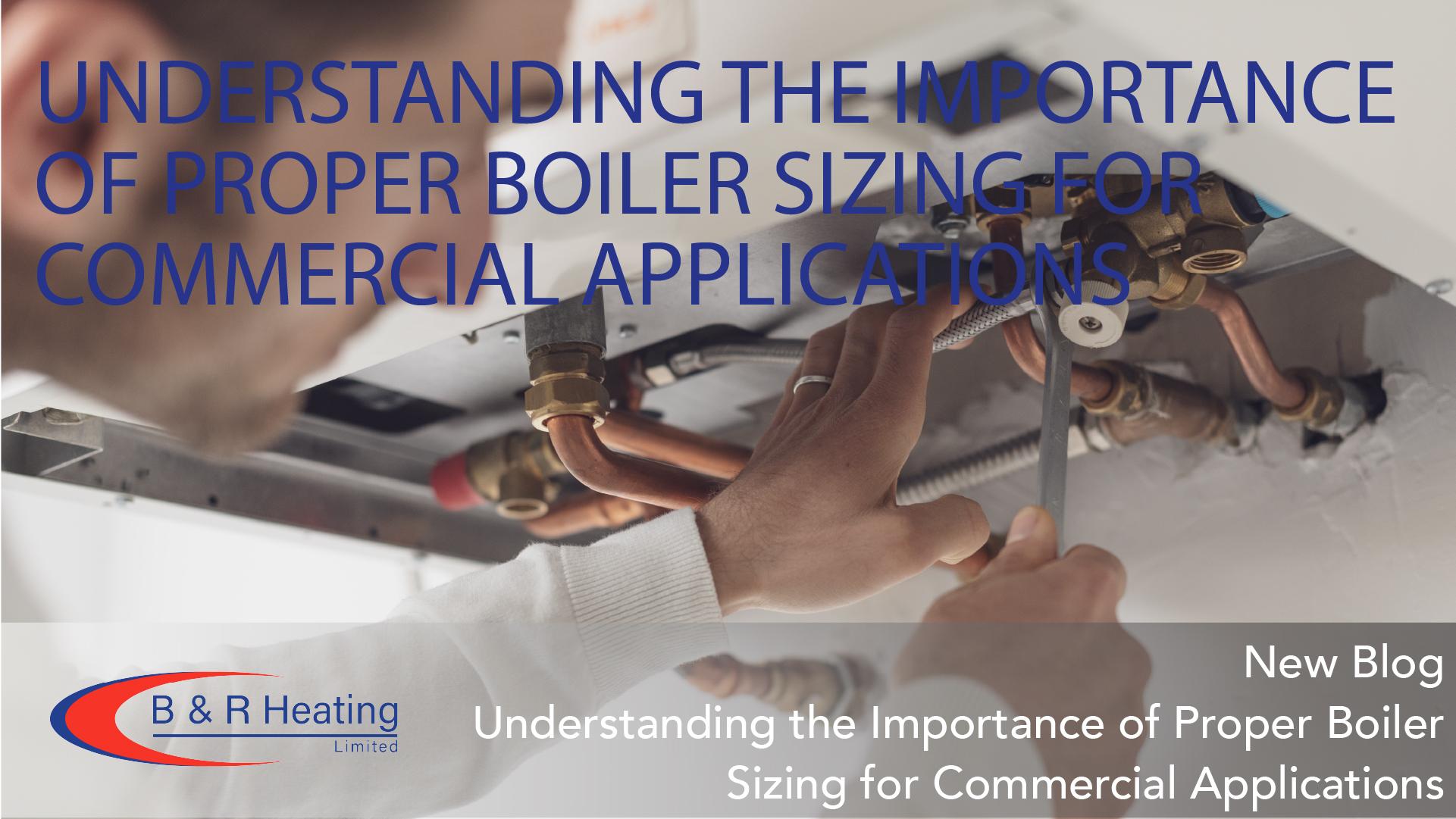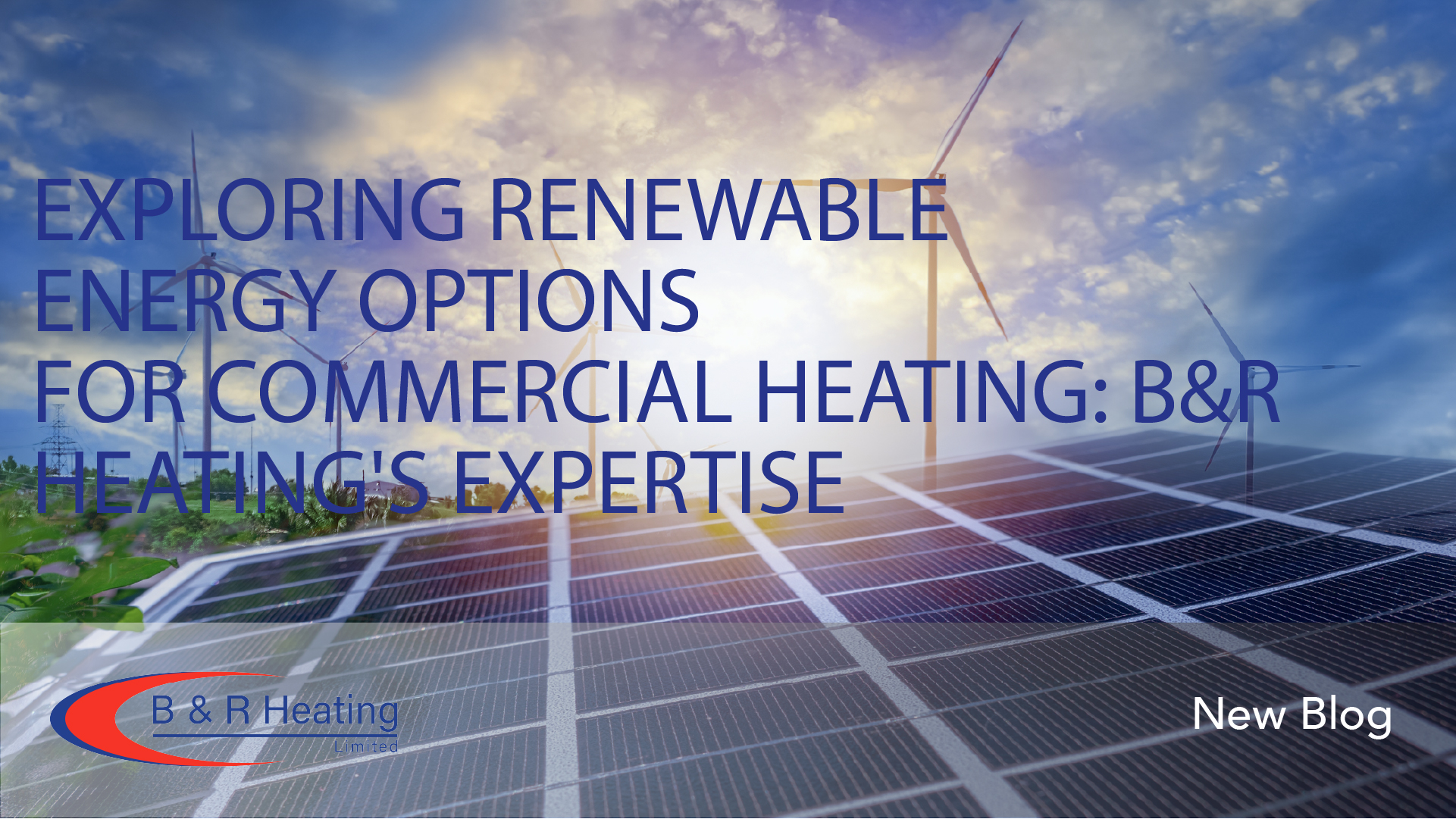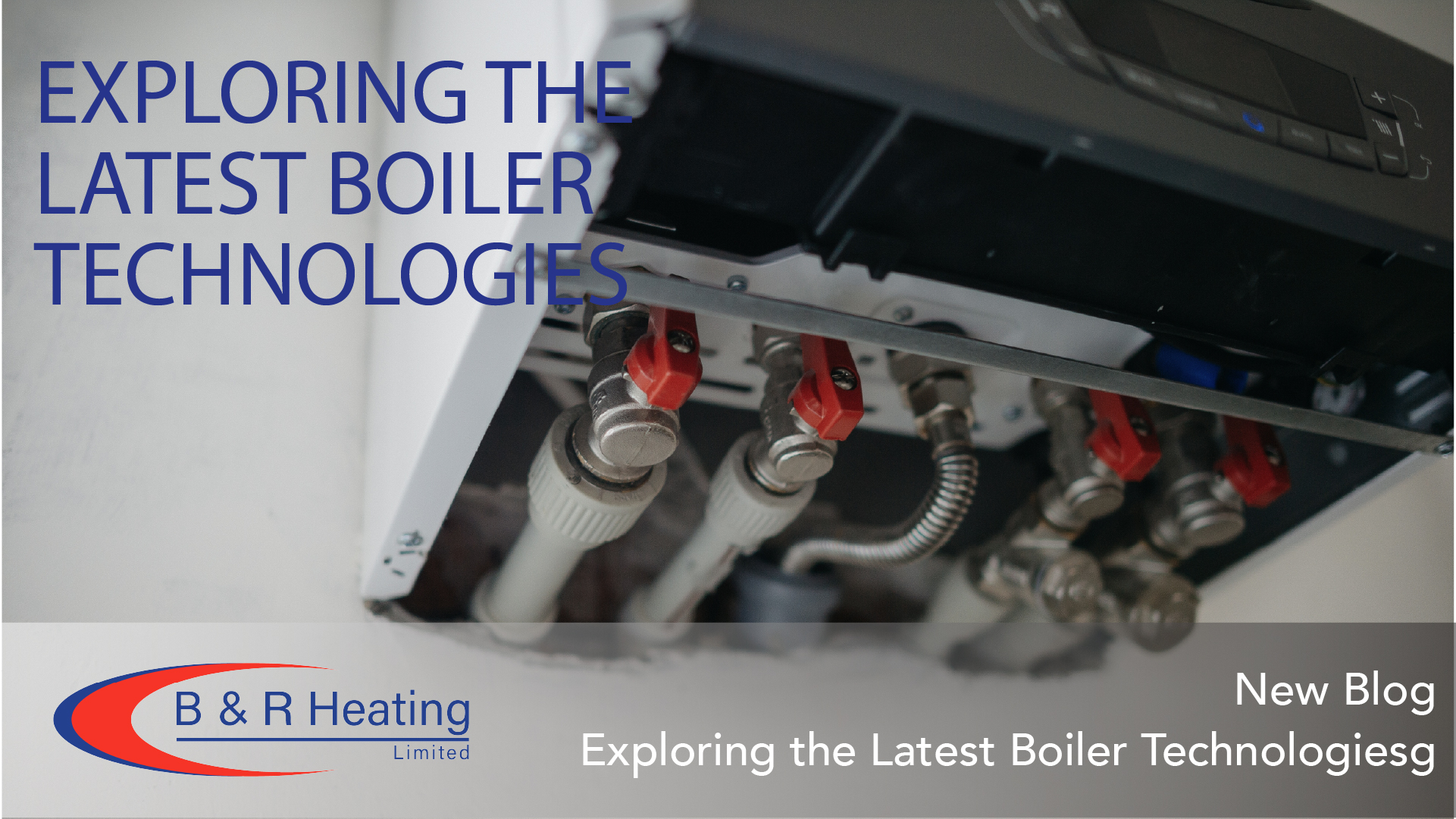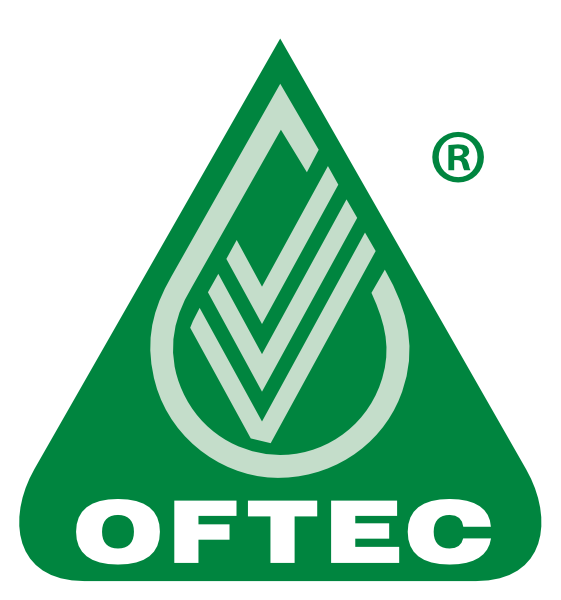There are many different types of boilers that you could have in your home. Each boiler has different features that will suit different needs. But what are LPG boilers and should you consider having one installed?
What are the different types of boilers?
There are three standard types of boilers available: regular boilers, system boilers and combination (combi) boilers. The type of boiler you have in your home could depend on several factors, including the age of the boiler and the size of the property. Keep reading to find out more about the types of boilers.
- Regular boilers. These boilers are sometimes referred to as traditional, conventional, or heat-only boilers. Regular boilers are best suited to homes with an existing traditional heating system, with older radiators. Older radiator systems may not cope with a higher water pressure delivered by system and combi boilers, so it is best to stick with a traditional boiler if this is the case. These boilers need a hot water cylinder, a cold water storage tank, and an additional tank that maintains the water level. They are suitable for homes with multiple bathrooms as they can store hot water ready for use in multiple rooms.
- System boilers. System boilers only require one additional storage tank. This tank will store hot water as it is heated by the boiler. The heating components are built into the boiler, making the installation process faster than a regular boiler. There is also no need for a tank in the loft, making it suitable for homes with little or no loft space. System boilers are also suitable for homes with multiple bathrooms, due to the storage tank.
- Combination boilers. Combination or ‘combi’ boilers combine all heating system elements into one compact unit. With no need for any additional tanks, the water is heated straight from the mains as needed. This is great for modern homes with minimal space. As the water is heated as needed, these boilers are very cost-effective and energy-efficient, with no water being stored. This is beneficial as the mains pressure is maintained, however, homes with two or more bathrooms may struggle.
As well as these different types of boilers, different types of fuel can be used to power your boiler. This includes oil, LPG, and gas-fired boilers. LPG (liquid petroleum gas) boilers store gas on the property, instead of receiving it from the mains, and are used in conjunction with condensing boilers. Many boilers can be converted to utilise LPG as fuel, whereas some boilers are designed to function as LPG boilers. They work in a similar way to regular gas boilers, burning the fuel inside the boiler to heat the water for the property. These are ideal for rural properties without access to the gas mains.
What are the pros of an LPG boiler?
There are many benefits to upgrading to an LPG boiler, especially if you struggle with access to the gas mains. If you can’t connect to the gas mains, LPG boilers allow you to install a high-efficiency model. LPG has a fairly high density, meaning a large amount of them can be stored in a relatively small tank. In addition to this, they also offer a more environmentally-friendly solution, producing fewer carbon emissions than fuels such as oil. Compared to oil, LPG boilers also tend to be quieter when they are burning fuel. Their upfront cost is generally cheaper than an oil boiler.
What are the cons of an LPG boiler?
Although LPG boilers are a great option for many people, there are a couple of downsides you may want to consider. Overall, the cost of fuel is more expensive, meaning the ongoing cost of running the boiler can be more costly. As you are relying on your own fuel tank, you will need to make sure you’re keeping an eye on the fuel levels to ensure you don’t run low without ordering a new tank in time. As the tanks can be quite large, the delivery can take longer than a standard 2-3 working day delivery, so it’s important to stay on top of this. Fuel storage tanks can either be bought upfront or rented at a monthly cost. This is an additional cost that you would not have with other fuel costs, so you may want to consider whether this is manageable for you.
What is the cost of using an LPG boiler?
According to specialists at Which?, the average annual cost of running an LPG boiler is just below £800 in the United Kingdom. This figure is based on a household using roughly 12,000 kWh of power over a year. Things you should take into consideration when thinking about installing an LPG boiler include:
- The size of your home
- How many rooms your home has
- How many radiators your home has
- How many showers/baths your home has
All of these factors can increase the running cost of any boiler, but the running cost may be slightly higher for an LPG boiler.
If you’re thinking about having an LPG boiler installed or you’d like to discuss your boiler options, feel free to get in touch with our team at B&R Heating. Give us a call on 01752 695050 or visit our contact page.

